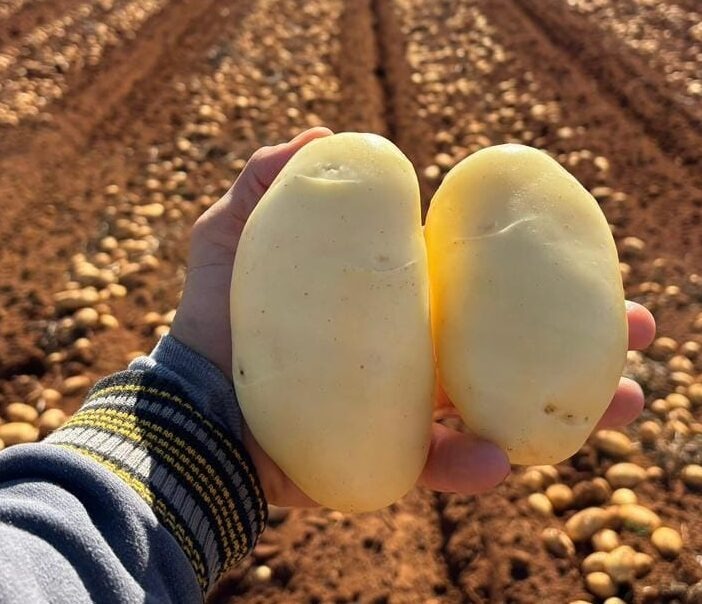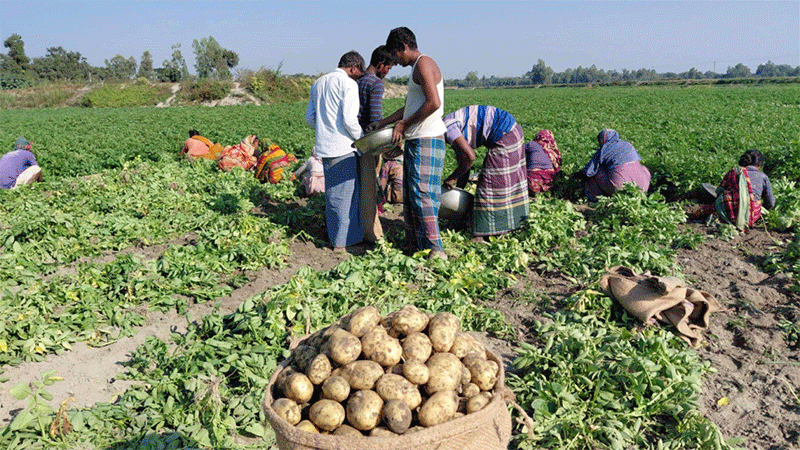#agriculture#farmers#agronomists#agricultural#engineers#farmowners#potatoshortages#vegetableshortages#extremeweatherconditions#Brexit#COVID-19#BritishGrowersAssociation#cropproduction#laborshortagesautomation#governmentsupport
According to a recent article by Potato News Today, British farmers have issued a warning of potential potato and vegetable shortages later this year due to a combination of factors, including extreme weather conditions, Brexit-related labor shortages, and the ongoing COVID-19 pandemic. The article cites data from the British Growers Association, which indicates that potato and vegetable production in the UK has already decreased by 20-30% in some areas, and that the situation could worsen if action is not taken soon.
These potential shortages could have serious implications for both farmers and consumers. For farmers, the loss of crops could lead to financial losses and reduced income, while consumers may face higher prices and a reduced supply of fresh produce. In addition, the agricultural industry as a whole could suffer if the shortage leads to a decrease in demand for British produce.
So what can farmers and agricultural experts do to mitigate the effects of these potential shortages? Firstly, it is important to monitor weather conditions closely and take steps to protect crops from extreme temperatures, drought, and other weather-related risks. Secondly, farmers should explore alternative sources of labor to mitigate the impact of Brexit-related labor shortages, such as recruiting workers from other countries or investing in automation technologies. Finally, farmers should work closely with government and industry stakeholders to ensure that they have access to the resources and support they need to maintain production levels and meet consumer demand.
The potential potato and vegetable shortages facing British farmers highlight the need for urgent action from the agricultural industry as a whole. By monitoring weather conditions, exploring alternative labor sources, and working closely with government and industry stakeholders, farmers and agricultural experts can help to mitigate the impact of these shortages and ensure that the UK’s agricultural industry remains strong and resilient in the face of future challenges.







